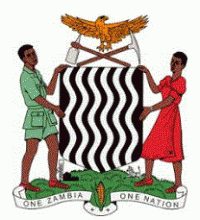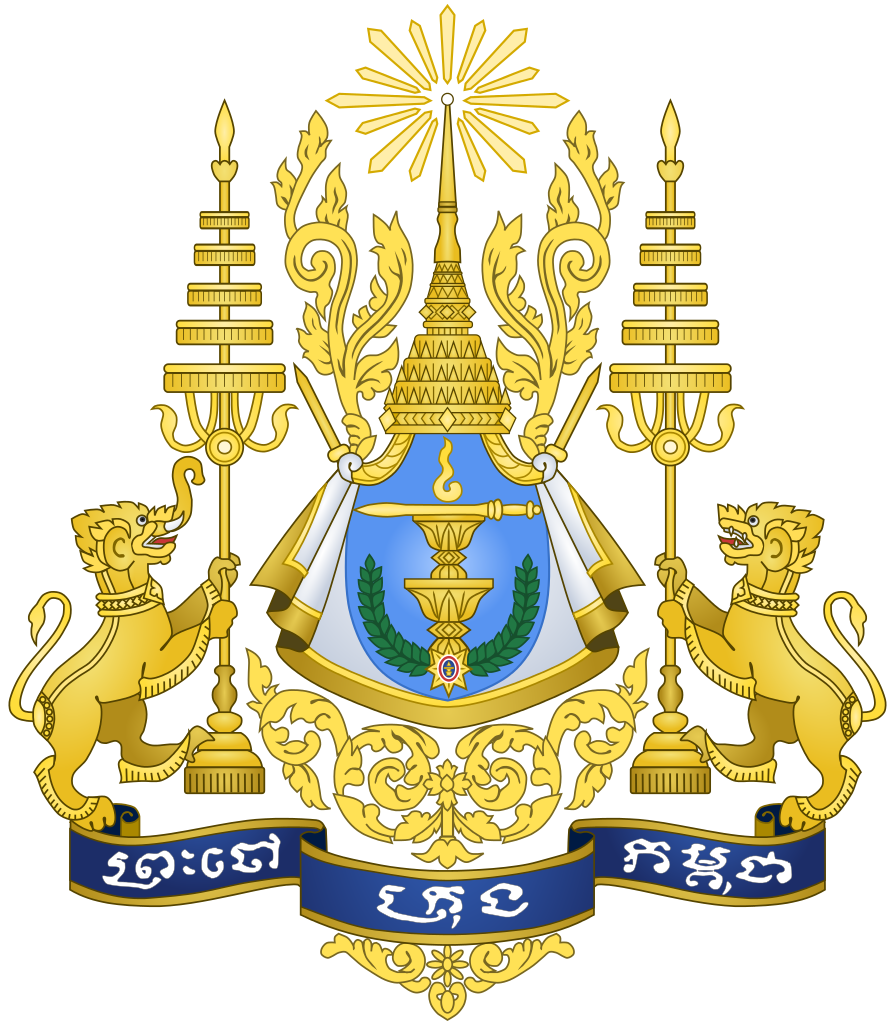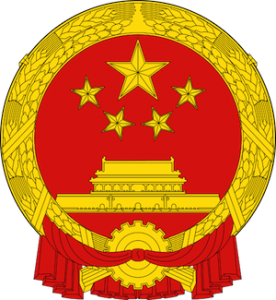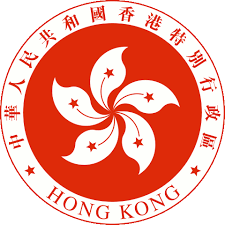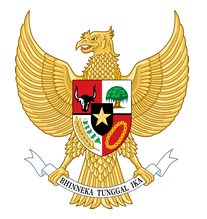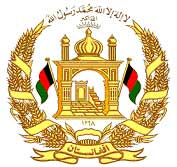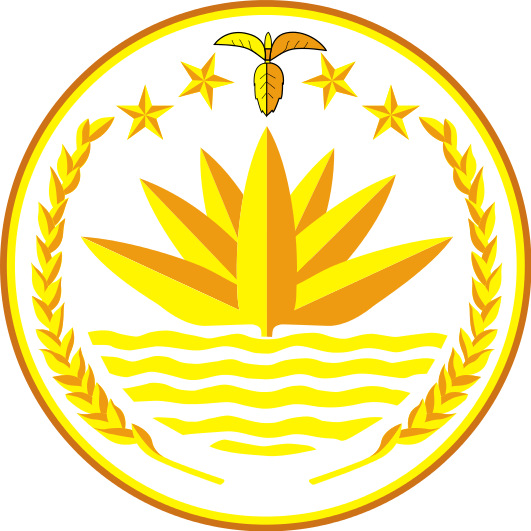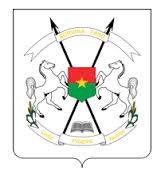Government of Zambia
Vision:
"To be a model legislature for democracy and good governance"
Mission:
“Committed to effectively and efficiently carrying out its legislative, oversight, representative and budgetary functions”.
Core Values:
Accessibility – The MPs should enhance their interaction with the public both within and outside the Parliament precincts.
Effectiveness – MPs should perform their duties diligently.

